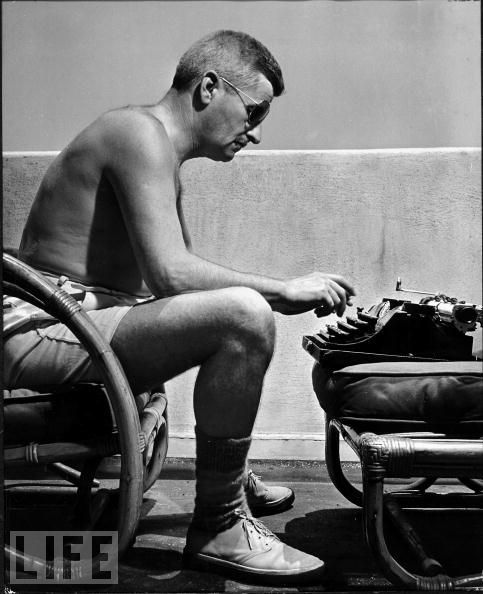Alright. The year is quickly coming to a close, so it only makes sense to bare my 2011 reading list to the world. Let's all pretend you care for just a moment.
I'm not sure how to label myself as a reader. I plowed through 32 books and a total of 11,358 pages this year. That puts me at just over 31 pages per day. In other words, I'm a piker compared to other book bloggers, and a veritable reading machine compared to the general public. Given everything that's on my plate, I'd give myself a grade of "not too shabby" for 2011.
Here's the complete list, in the order I tackled them, along with their respective page counts (top 10 reads are in bold):
- Blue Heaven, C.J. Box 352
- On Writing, Stephen King 288
- The Red Dancer, Richard Skinner 272
- A Brief History of Time, Stephen Hawking 248
- All the Pretty Horses, Cormack McCarthy 301
- The Lost City of Z, David Gann 352
- King Solomon’s Mines, H. Rider Haggard 320
- Ender’s Game, Orson Scott Card 324
- Our Town, Thornton Wilder 112
- The Road, Cormack McCarthy 256
- Trojan Oddyssey, Clive Cussler 480
- Smoke From This Alter, Louis L’Amour 75
- The Collected Short Stories of Louis L’Amour, Vol IV 672
- Grapes Of Wrath, John Steinbeck 619
- Crime and Punishment, Fyodor Dostoevsky 480
- The Associate, John Grisham 434
- Cry, The Beloved Country, Alan Paton 256
- The Appeal, John Grisham 384
- Animal Farm, George Orwell 128
- 2666, Roberto Bolano 912
- The Chosen, Chaim Potok 284
- A Mercy, Toni Morrison 176
- Don Segundo Sombra, Ricardo Guiraldes 212
- Fathers and Sons, Ivan Turgenev 226
- The Shadow of the Wind, Carlos Ruiz Zafon 565
- 1984, George Orwell 326
- The Elements of Style, Strunk & White 176
- Death in Venice & Other Tales, Thomas Mann 476
- As I Lay Dying, William Faulkner 288
- A Room With A View, E.M. Forster 321
- Lord Jim, Joseph Conrad 451
- Angle of Repose, Wallace Stegner 592
As you can see above, I'm not a complete book snob, though my favorites tended overwhelmingly to be classics or high literary fiction. All told, that's 17 so-called classics, 7 works of commercial fiction, 2 short story collections, 2 non-fiction reads, 2 books on writing, 1 poetry collection and 1 play. Continuing on the assumption that you care, here is the breakdown by page count:
It's kind of interesting to take a look back and see how you spent your reading life in the past year. What about you? What did you read this year? What were your favorites? What stunk? What should I pick up in 2012? Show us your cards...































